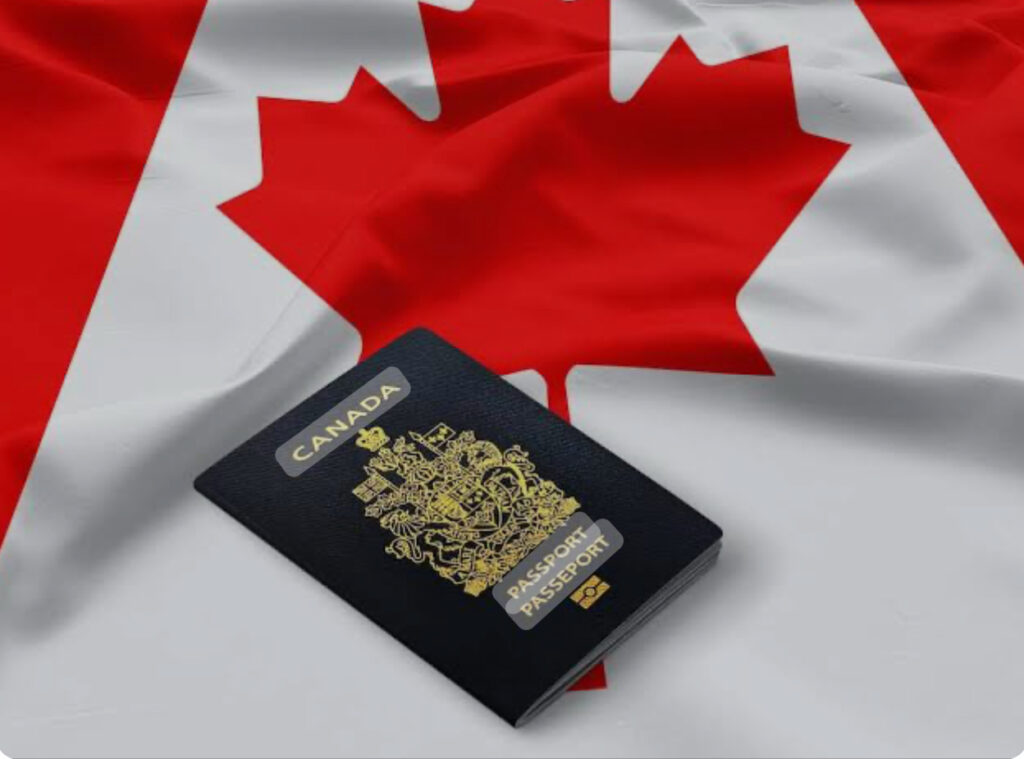“IRCC Empowers Immigrants with Enhanced Online Tool for Accurate Work Visa and Study Permit Wait Times”
“Understanding Processing Time for Canadian Work Visas and Study Permits”
Once an application for a work visa or study permit is submitted in Canada, applicants eagerly anticipate the processing time. This period is crucial for applicants to gauge when they can expect a decision from IRCC.
Processing time commences upon receipt of the application by IRCC, regardless of submission method – whether it’s through mail, online, or in person. To streamline this journey and offer transparency, IRCC has upgraded its online processing times tool.
“Transitioning from Historical to Forward-Looking Processing Times”
Previously, IRCC’s tool provided processing times based on historical data, offering insights into past trends. However, recognizing the need for greater predictability, IRCC has shifted to a forward-looking approach.
Now, applicants can anticipate how long their application might take to process from the submission date. This change empowers immigrants to make informed decisions regarding travel and living arrangements, ensuring better preparation and reduced uncertainty.”

“Incorporated Applications”
The forward-looking processing times now encompass an array of immigration programs, such as:
Canadian Experience Class (Express Entry)
Provincial Nominee Programs (Express Entry and non-Express Entry)
Federal Skilled Workers (Express Entry)
Quebec Skilled Workers
Citizenship applications
life partner and common-law partner sponsorships (both inside and outside Canada)
Parent’s and grandparent’s sponsorships
This expansion ensures that applicants across various immigration pathways can benefit from more accurate wait time estimations.”
For immigration programs not yet integrated into the forward-looking processing system, IRCC will maintain its reliance on backward-looking processing times derived from historical data.
This approach ensures that all applicants, regardless of the program they apply for, receive timely and relevant information regarding the processing of their applications.”
“Continued Application Coverage”
For immigration programs not yet integrated into the forward-looking processing system, IRCC will maintain its reliance on backward-looking processing times derived from historical data.
This approach ensures that all applicants, regardless of the program they apply for, receive timely and relevant information regarding the processing of their applications.
“Current Processing Time Update”
As of May 9, 2024, temporary residence applications, covering visits, studies, or work permits for study (from outside Canada), are undergoing a processing period of 14 weeks (Last updated: April 30, 2024, Updated weekly).
Similarly, for individuals applying for a work permit (from outside Canada), the processing time stands at 21 weeks.
However, it’s crucial to note that if the application does not pertain to an essential occupation, the processing duration may exceed the indicated timeframe.
Applicants are encouraged to stay updated on any changes and monitor the processing times regularly to manage their expectations accordingly.”
“Important Reminders:
Processing times are averages and may differ based on individual circumstances.
The timeframe does not encompass biometrics collection or application delivery time.
If you have already submitted your application, your processing time may be shorter than the current estimates, as you are closer to the front of the queue.
Avoid re-applying, as it can further delay your application.
Navigating the immigration process can present challenges, but understanding processing times is essential for effective planning. With IRCC’s enhanced online tool providing transparent timeframe estimates, prospective immigrants can confidently make informed decisions and embark on their journey to Canada.”





